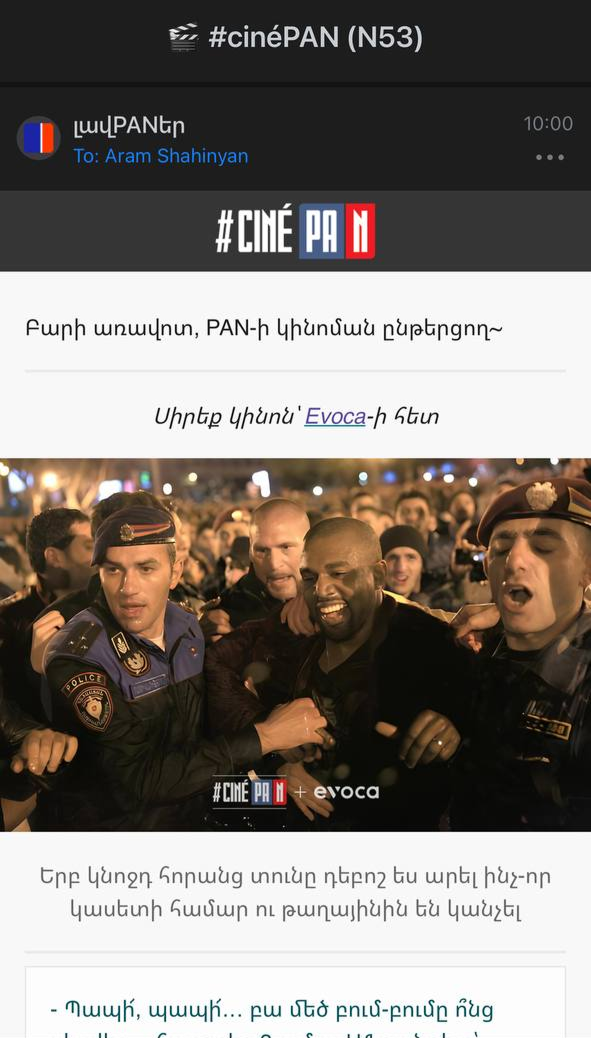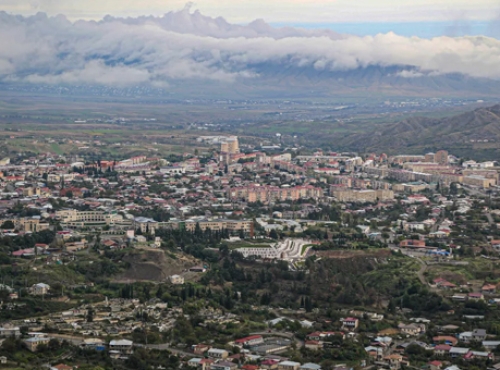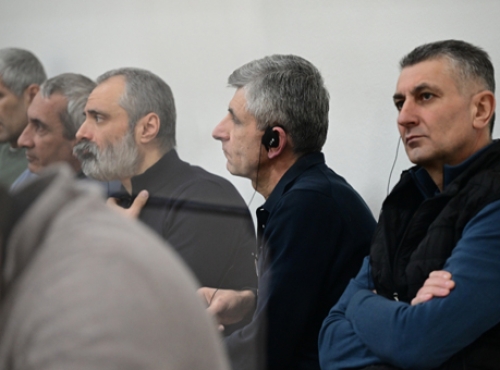Four influential California lawmakers called this week for an investigation into a $17.5 million class-action settlement on behalf of Armenian Genocide victims that a Los Angeles Times investigation found had been marred by fraud, diverted funds and a rejection rate of 92%.
U.S. Reps. Jackie Speier, D-Calif., and Anna Eshoo, D-Calif., the only Armenian Americans in Congress, along with Rep. Adam Schiff, D-Calif., and state Sen. Anthony Portantino, D-La Canada Flintridge, chair of the Senate Appropriations Committee, said they were disgusted by misconduct The Times detailed in a report last week.
“I am deeply concerned and outraged by the issues raised,” Portantino said in a statement, according to Mercury News. “The Armenian Genocide was a horrendous historical atrocity and descendants of those murdered should not be victimized or be denied their rightful settlements.”
Three Armenian American attorneys from Los Angeles, including prominent lawyers Mark Geragos and Brian Kabateck, secured the settlement with the French insurance company AXA a decade and a half ago. The funds were supposed to compensate the families of Genocide victims with unpaid insurance policies and support Armenian charities selected by a French nonprofit.
The Times investigation found that the French nonprofit was never established; some of the money was sent to the pet charities of lawyers involved in the case, including their alma mater; and hundreds of thousands of dollars were directed to sham claimants. Less than 8% of claims submitted by Armenians around the world were approved, despite what in many cases was overwhelming evidence that the applicants were rightful heirs.
“It’s clear by the dismal claims approval rate and finger-pointing that something is rotten in Denmark, or Glendale, or France as the case may be,” said Speier, the co-chair of the Congressional Armenian Caucus, in a statement.
Schiff, who represents Glendale, home to a sizable Armenian community, and is chair of the powerful House Intelligence Committee, said he was concerned by the “ordeal” faced by descendants of the Genocide.
“I think all of us who read these stories have been horrified that some of the survivors and their families may have been victimized again,” Schiff said in a statement. “I fully support an investigation to ensure all such survivors get the compensation they deserve.”
Eshoo agreed that “a full investigation” was “absolutely warranted,” adding: “It is shameful that fraudsters are profiting from the pain of the Armenian community.”
The settlement in U.S. District Court in Los Angeles was overseen by Judge Christina A. Snyder from shortly after its filing in 1999. The Times described how various parties — the Armenian Ministry of Justice, claimants, a lead attorney in the case and a court-appointed French settlement board — voiced concerns to Snyder about the handling of claims and settlement funds over a period of years.
Among the irregularities was the award of some $575,000 to a Syrian man who had never applied for compensation, and payments totaling $400,000 to an Iraqi man whose existence could not be verified. Some of those funds were converted to cashier’s checks in Southern California. Additionally, at least $750,000 that was supposed to go to religious organizations never arrived, church officials told The Times.
Snyder greenlit some investigative efforts to uncover misconduct, but repeatedly denied a complete audit of the settlement.
“The court’s refusal to grant an independent audit is equally puzzling,” Speier said in the statement.
Snyder previously told The Times that the judicial code of conduct barred her from speaking about the settlement. She formally closed the case in 2016. Geragos and Kabateck, both descendants of genocide survivors, denied any wrongdoing in statements from representatives.
They have blamed others for the problems in the claims process, including other lawyers and a claims administrator, and pointed out that millions of dollars did go to Armenian charitable causes. Kabateck’s representative noted that money they sent to his and Geragos’ alma mater, Loyola Law School, was used to establish a genocide law center. Both noted that, despite complaints about the settlement to the State Bar of California, which polices the legal profession, and law enforcement agencies, there have been no criminal charges against the two lawyers or findings of misconduct on their part.























